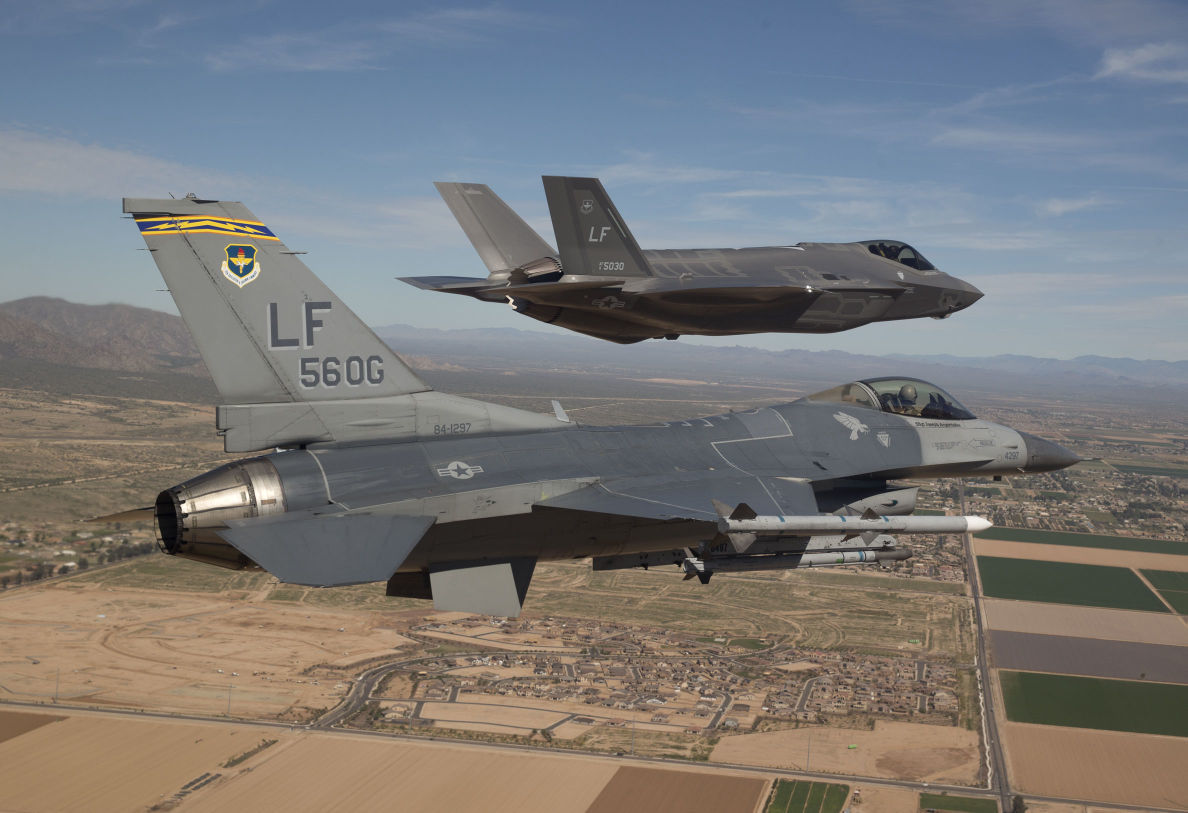PHOENIX — A Senate panel voted Tuesday to exempt retired veterans from having to pay state income taxes on their pensions, saying it would be good for the long-term economy.
But the measure faces an uncertain future amid opposition from some lawmakers of both parties. They question why all veterans, including retired general officers with higher benefits, should get such a break. There are also questions about lost revenues for the state.
Current Arizona law provides an exemption of up to $3,500 on pension benefits when taxpayers calculate what they owe in state income taxes. Assuming an average tax rate of 3 percent, that reduces a pensioner’s taxes by about $100 a year. The proposal by Sen. David Gowan, R-Sierra Vista, would remove that cap entirely.
Sen. Sonny Borrelli, R-Lake Havasu City, who retired from the Marine Corps as a gunnery sergeant, said the average pension for an enlistee like himself after 20 years is about $20,000. Under Senate Bill 1157, that would be eligible for about a $600 break in taxes.
But Borrelli said that among those in the officer corps, pensions tend to average twice as much.
That got the attention of Sen. Lela Alston, D-Phoenix.
“I just do not feel particularly that someone who’s getting a $40,000-a-year pension needs this,” Alston said.
She said some retired veterans can go on to make $100,000 in a high-tech job in the private sector.
Yet at the same time, Arizona is looking for money to improve teacher salaries, while many teachers start their career at $25,000 a year. she said.
Gowan said that’s missing the point.
He said the legislation would help persuade those retiring from the military to remain in Arizona, as other states offer more generous tax benefits.
“We want them to come here and spend their dollars in this state to help our families, help our friends,” Gowan said.
As to the cost to the state of making military pensions tax-exempt, no one was able to provide a figure during Tuesday’s hearing.
Sen. Lisa Otondo, D-Yuma, said she believes a similar proposal several years ago had a $49 million price tag.
The House is weighing a less far-reaching proposal to increase the exemption from $3,500 to $10,000, which would reduce state revenues by an estimated $15 million.
But several lawmakers said the more meaningful issue for them is how this could help the economy.
“We have lots of high-dollar jobs that remain unfilled,” Darcy Mentone, representing the Greater Vail Area Chamber of Commerce, told lawmakers. She said many of these likely could be filled by people retiring from the military — assuming they can be persuaded to remain in Arizona.
“They’re often about 40 years old, they are in their prime work force years, they’re highly qualified, they’re exceptional employees,” Mentone said. “But they’re leaving the state.”
The 7-2 vote by the Appropriations Committee sends the measure to the full Senate.
Also Tuesday, the House discussed House Bill 2011, the stripped-down proposal being sponsored by Rep. Gail Griffin, R-Hereford, which would raise the exemption to $10,000.
There, even some Republicans questioned whether those retiring at the top end of the pay scale should be given a tax break.
Rep. Walt Blackman, R-Snowflake, said he would prefer to focus the financial relief at those most in need.
“The lower enlisted that retire out of the military are struggling financially,” he said. “A lot of them want to come home to Arizona and cannot because they can’t afford it.”
Rep. Travis Grantham, R-Gilbert, said he worries Arizona may be creating a welfare state for some retired veterans. Grantham said he knows some veterans who retire at age 38 after putting in their 20 years.
“Yes, what they did was heroic. Yes, you should be rewarded for that service,” he said. But he said he can’t support an across-the-board tax break for retired military members.
Rep. John Allen, R-Scottsdale, expressed similar sentiments about carving out a tax break solely for retired military members.
“I could find you five other groups of worthy people that we would love to have live here,” he said.





